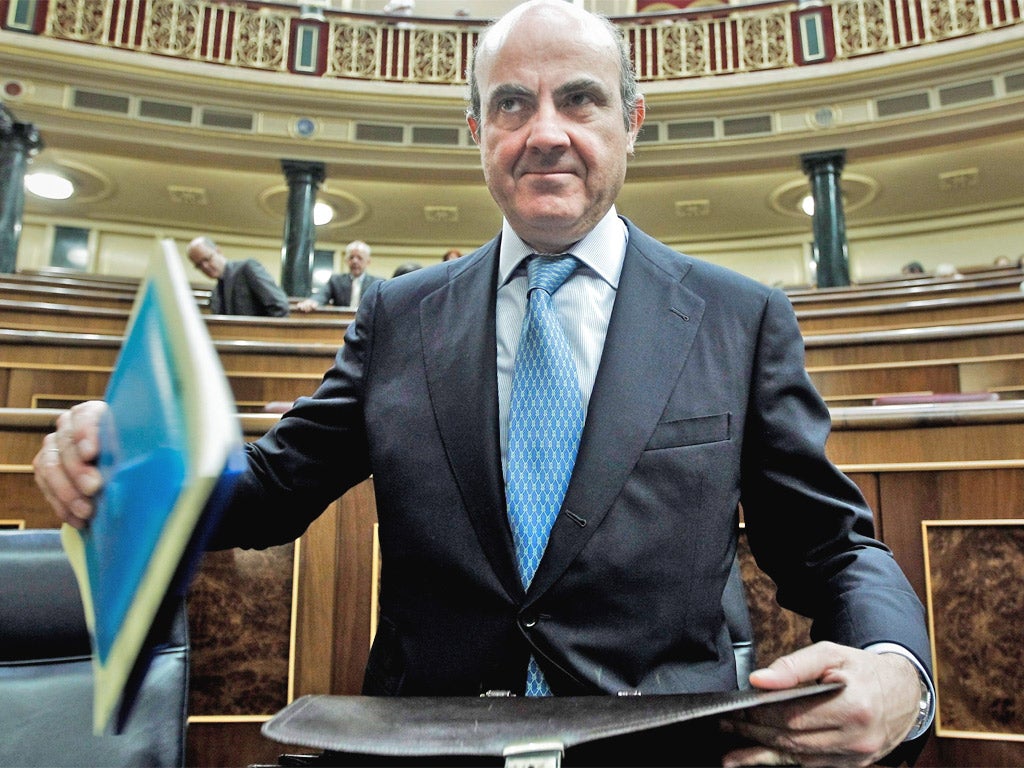Markets in spin as anti-bailout party rises in Greek polls and Spanish borrowing costs soar
Madrid government forced to deny plan to bail out troubled bank with state cash

A day after markets in Europe were calmed on news that Greece's pro-bailout New Democracy party appeared to be pulling clear in the polls ahead of next month's crunch general election, new polls yesterday threw the situation back into doubt after suggesting the vote was back on a knife-edge.
Three new polls painted a confusing picture of what might happen in Greece, ahead of next month's election, which may decide whether or not Greece remains in the euro.
Of three polls published, one showed Greece's biggest pro- and anti-bailout parties, New Democracy and Syriza, in a dead heat, Reuters reported. Another put New Democracy ahead and a third suggested that the leftist Syriza party would win if elections were held now. The contradictory forecasts are likely to unsettle markets and politicians who fear that a win by Syriza, which has said it wants to remain in the euro but ditch the austerity measures the country has been prescribed, would force debt-laden Greece out of the single currency.
The turbulence was not restricted to Greece. The beleaguered Spanish economy took another blow yesterday as the country's borrowing costs soared to their highest level for a decade and the Madrid stock market briefly sank to a nine-year low.
As the markets gyrated, Spain's Economy Minister, Luis de Guindos, was forced to deny the existence of secret plans to bailout the troubled lender Bankia by using government bonds.
Yields on Spanish 10-year bonds peaked at 6.67 per cent, before falling back to 6.55 per cent, only slightly further from the seven per cent "point of no return" where other countries have asked for an international bailout.
Mr De Guindos, meanwhile, flatly denied a Financial Times report yesterday, which claimed the European Central Bank had rejected a plan for Spain to pay for a €19bn (£15bn) bailout of Bankia, the country's fourth largest bank, with government bonds.
Elsewhere attention turned to a possible German plan to relieve the European debt crisis by splitting the debt of struggling states. Drafted by the German Council of Economic Experts, the scheme would hive off the excess debt burdening countries on continent's periphery into a special fund. This fund would be covered by collective bonds – offering a twist on the so-called "Eurobonds" thus far opposed by the German Chancellor, Angela Merkel.
Countries would, however, have to pledge their gold reserves as collateral, according to reports. Once in place, the excess debt would be retired gradually, as troubled nations focus on getting their economies back on track.
Subscribe to Independent Premium to bookmark this article
Want to bookmark your favourite articles and stories to read or reference later? Start your Independent Premium subscription today.

Join our commenting forum
Join thought-provoking conversations, follow other Independent readers and see their replies